For the 900,000 American women who use wheelchairs, there are barely more than ten accessible mikvehs that allow them to immerse in the Jewish ritual bath with a measure of independence. By this time next year, the new mikveh at Chabad of South Broward, FL, will be completed with a modern hydraulic lift system to help physically challenged women overcome obstacles to fulfilling this central tenet of Jewish family life.
Building a fully accessible mikveh boosts Chabad’s expenditures for the project by $50,000—about ten percent. It’s worth it, said Rabbi Raphael Tennenhaus, Director of Chabad of South Broward. “We are building the mivkeh to be accessible because it makes it more dignified for women with disabilities,” he said. “There is tremendous enthusiasm and excitement for the project.” South Broward’s population is trending younger than when Chabad first opened there 27 years ago. Numbers of women using the mikveh each month have been steadily increasing, but they have been using the mikveh in a neighboring town. “Everyday more women go to the mikveh,” said Margie Szerer, a community member. “There’s only one mikveh and three preparation rooms, and it is becoming more and more busy.” Though not a wheelchair user herself, Szerer believes “it is important to make the mikveh accessible to give everyone a chance to do the mitzvah.” When word spreads about the mikveh’s special features, Rabbi Tennenhaus expects many women especially visitors to the nearby Westin Diplomat Hotel will use the facility. Senior women beyond their childbearing years comprise the largest percentage of wheelchair users, according to a survey conducted by National Health Interview Survey on Disability. They, too, will benefit from the adaptive mikveh. “To use the mikveh once allows them to live the rest of married life in a state of sanctity,” said Rabbi Tennenhaus.
Accessibility—more than purchasing a $12,000 lift—begins well before the door of the mikveh building. According Todd Rosenblum, owner of Adaptive Architecture in Spring Valley, NY. Ramps, wider doorways, grab bars in the bathroom, lifts in and out of the tub, modified cabinetry around the sinks, a specially designed shower are some of the details that must be in place in the preparation space. Rosenblum, builder of multiple public and private mikvehs that accommodate wheelchairs, said another basic concern is building the mikveh with enough deck space to allow for wheelchair maneuvering and turning. By including a hydraulic lift, Chabad of South Broward will be joining a very small club of fully accessible mivkehs. According to Taharas Hamishpacha International, www.mikvah.org Chabad of Tarzana, CA, is equipped with a hydraulic life as is Chabad of Peoria, IL. In New York City there are a few more lift-equipped mikvehs not under the auspices of Chabad. A directory of mikvahs is available on http://mikvah.org/directory/.
More common are mikvehs with wheelchair friendly showers and specially trained attendants, such as Chabad mikvehs in Aventura, FL, S. Paul, MN, and Cleveland, OH. As mikveh use is integral to intimacy in marriage, a mikveh without accessible features is a source of discomfort, said Sharon Shapiro, Founding Director of Yad HaChazakah-The Jewish Disability Empowerment Center in New York City. ”You have a double issue. You have the issue of not wanting to impose upon people, and the other issue is tziniyut,” privacy. Without a lift, specially trained mikveh assistants, or properly positioned grab bars, women with physical disabilities must call upon friends and family for help using the mikveh, shattering any semblance of privacy so integral to the mivkeh experience.
Yad HaChazakah counsels women with physical disabilities who wish to use the mikveh and others with physical challenges who wish to fully experience Jewish life. While pleased to hear of Chabad of South Broward’s plans, Shapiro noted that is important to consult many people with disabilities during the preconstruction phase. Having grab bars is not enough, she said, “Some people do not have strength in their hands and need to fit their arms through.” Welcoming all Jewish women to the mikveh is a long, intense, but worthwhile journey.



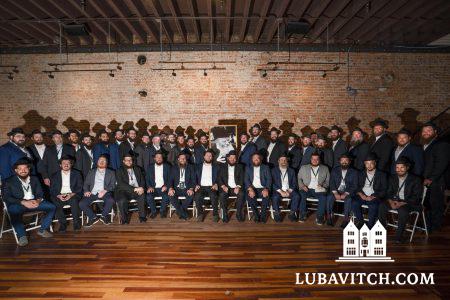

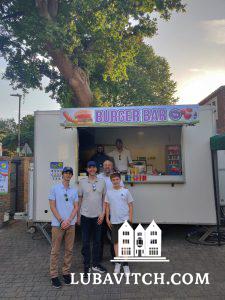
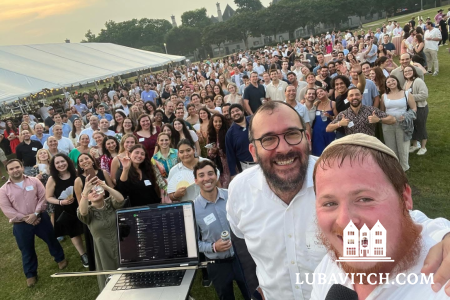
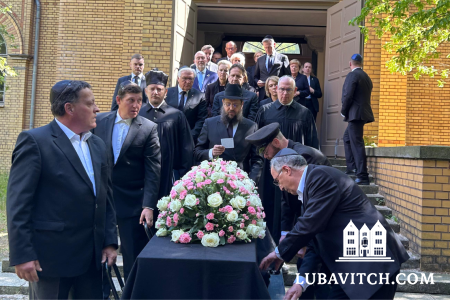
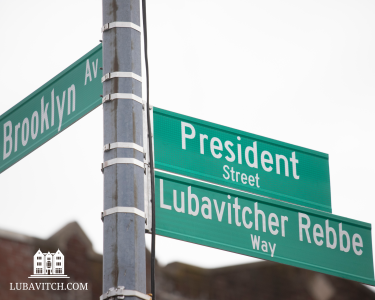


Be the first to write a comment.